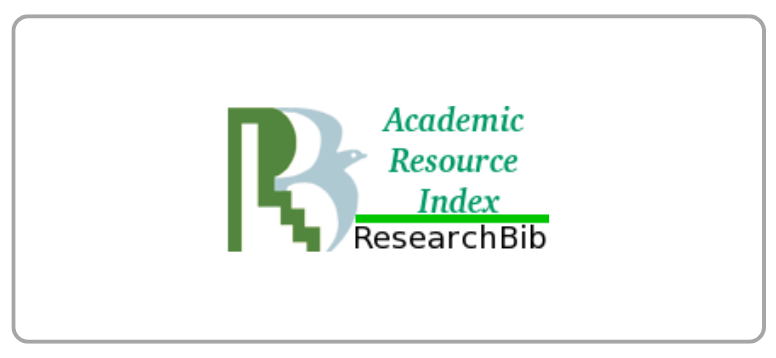Pengaruh Budaya Organisasi terhadap Keberhasilan Pengembangan E-Government
DOI:
https://doi.org/10.21512/bbr.v3i1.1326Keywords:
organizational culture, e-Government, kemenagAbstract
Since the issuance of Presidential Instruction No. 3 / 2003 and Law No. 14/2008, government agencies ranging from central to district level are trying to be the leader in implementing e-government in meeting the information disclosure to the public. Up to this moment, the Ministry of Religious Affairs is still far from perfect in implementing e-Governement as can be seen that very few of them using e-mail as a means of communication and website as a tool to provide better information to the public as well as to support internal organization activities The objective of this research is to study the impact of organization's culture on the successful development and implementation of e-government using measurement method of organizational culture developed by Luthans (1998) where organizational culture is the norms and values that drive the behavior of members of the organizatio having behavioural dimensions of people, structure, technology, and the organization’s environment. The e-Government itself is measured by its benefits. Using Structural Equation Model (SEM) it was found that the organizational culture significantly influence the successful development of and implementation of e-Government where the most significant factors are people dimension and the external environment.
References
Cushway, B., & Lodge, D. (2000). Organizational behavior and design. Jakarta: Elex Media
Komputindo.
Davis, K., & Newstrom, J. W. (1995). Perilaku dalam organisasi. Jakarta: Erlangga.
Hair, J. F., Anderson, R. E., Tatham, R. L., & Black, W. C. (1998). Multivariate data analysis: With
readings. Englewood Cliffs, NJ: Prentice Hall.
Lamb, R., & Kling, R. (2003). Reconceptualizing users as social actors in information systems
research. MIS Quarterly 27(2), 197-236.
Luthans, E. A. (1998). Organizational behavior. Singapore: McGraw-Hill.
Downloads
Published
How to Cite
Issue
Section
License
Authors who publish with this journal agree to the following terms:
a. Authors retain copyright and grant the journal right of first publication with the work simultaneously licensed under a Creative Commons Attribution License - Share Alike that allows others to share the work with an acknowledgment of the work's authorship and initial publication in this journal.
b. Authors are able to enter into separate, additional contractual arrangements for the non-exclusive distribution of the journal's published version of the work (e.g., post it to an institutional repository or publish it in a book), with an acknowledgment of its initial publication in this journal.
c. Authors are permitted and encouraged to post their work online (e.g., in institutional repositories or on their website) prior to and during the submission process, as it can lead to productive exchanges, as well as earlier and greater citation of published work.
USER RIGHTS
All articles published Open Access will be immediately and permanently free for everyone to read and download. We are continuously working with our author communities to select the best choice of license options, currently being defined for this journal as follows: Creative Commons Attribution-Share Alike (CC BY-SA)



























